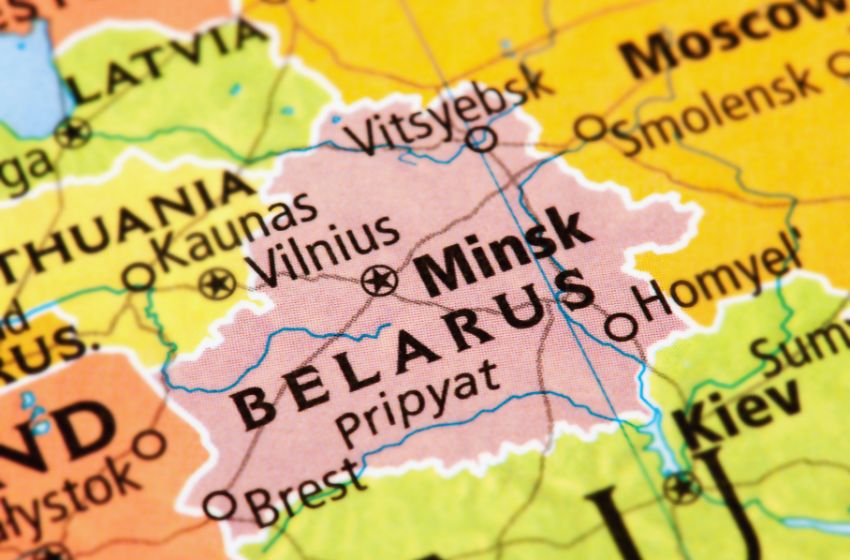Given the absorption of the Belarusian economy by Russia, local financial institutions will adjust to the strict monetary and credit conditions of the Russian market.
This war reported by the Ukrainian Foreign Intelligence Service.
In Belarus, it is forecasted that the main instruments of the National Bank of Belarus' monetary policy will remain at the current level or experience slight deterioration.
The discount rate will remain at around 9.5%, interest rates on loans and deposits will increase by 2–3%, and the exchange rate of the Belarusian ruble will weaken by 4–6% against the US dollar and Russian ruble.
A negative trade balance in goods and services is forecasted to be within 2% of GDP. The reason is the decrease in export volumes to Russia due to the anticipated slowdown in Russia's GDP growth (from 4.1% in 2024 to about 2% in 2025).
Belarus' monetary policy will continue to be heavily dependent on the Russian economy, as well as on a number of external factors.
Meanwhile, the consequences of the "brotherly countries' friendship" are evident—this includes the strengthening of sanctions against both countries, the deepening of crisis phenomena in Russia's economy, a decrease in crediting of the Belarusian economy by Russia, reduced demand for Belarusian goods on the Russian market, and more.
Belarus' economy remains stable only due to the political and economic support from Russia.





















